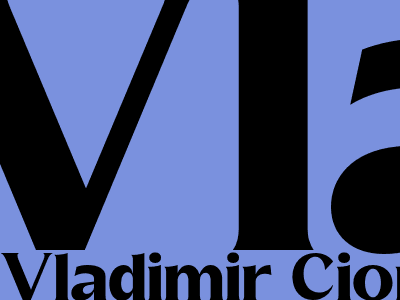
Vladimir Ciorba: Delving into the Life and Legacy of a Trailblazing Romanian Inventor
Early Life and Education
Born on January 1, 1913, in the village of Bârlad, Romania, Vladimir Ciorba's early life laid the groundwork for his future scientific accomplishments. His academic brilliance manifested at a young age, leading him to pursue higher education at the École Centrale des Arts et Manufactures in Paris, where he graduated with honors in 1936.
Groundbreaking Inventions
Nuclear Physics Contributions
Ciorba's scientific contributions began in the realm of nuclear physics. During his time in Paris, he collaborated with renowned physicist Frédéric Joliot-Curie on research related to nuclear fission. Their work laid the groundwork for the development of nuclear reactors and the subsequent harnessing of atomic energy.
Aircraft Engineering Innovations
Venturing into the field of aeronautics, Ciorba joined the French aircraft manufacturer Arsenal de l'Aéronautique in 1937. His expertise in aerodynamics and materials science culminated in the design of the Arsenal VG-33, a pioneering aircraft known for its advanced wing design and high performance.
Hydrofoil and Hovercraft Design
Ciorba's innovative spirit extended beyond aviation. His research on hydrofoils, vessels that utilize underwater foils to reduce drag and improve speed, led to the development of several successful models. He also played a pivotal role in the early development of hovercraft technology, which revolutionized marine transportation.
International Collaborations
Ciorba's scientific acumen earned him international recognition. He collaborated with leading scientists at institutions such as the Massachusetts Institute of Technology (MIT) and the Soviet Academy of Sciences. These collaborations fostered significant advancements in fields like nuclear physics, aerodynamics, and hydrodynamics.
Awards and Recognitions
Ciorba's exceptional contributions to science and technology garnered numerous accolades. He received the Croix de Guerre for his military service during World War II and the prestigious Legion of Honor from the French government. In 1970, he was elected a member of the Romanian Academy of Sciences.
Legacy and Impact
Vladimir Ciorba's legacy extends far beyond his scientific achievements. His pioneering work in various fields laid the foundation for countless technological advancements that continue to shape modern society. His contributions to nuclear physics, aeronautics, and hydrodynamics have left an indelible mark on the scientific community.
Ciorba's life and work serve as an inspiration for aspiring scientists and innovators. His relentless pursuit of knowledge, unwavering dedication, and international collaborations exemplify the transformative power of scientific collaboration and the pursuit of human advancement.